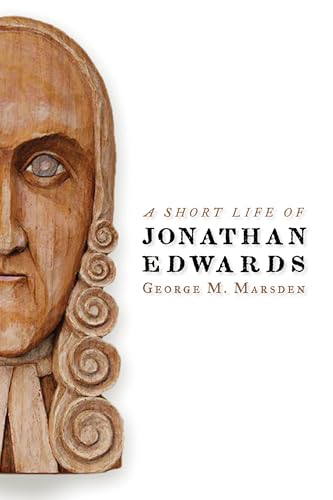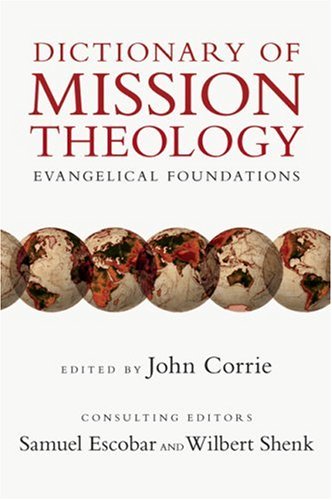This is a new telling of Marsden’s earlier biography, not an abridgement. A fresh feature incorporated throughout the book is the parallel experiences of Benjamin Franklin, allowing us to see how two precocious New England boys rose to prominence amidst the turbulent intellectual shifts of their day. Chapter 1 sets the stage with the Puritan story from England to New England. As the 18th century unfolded, the question was whether the heirs of the Puritans would hold unto the old world or whether they would move into the modern world and the emerging Enlightenment; Edwards chose the former, Franklin the latter. Chapters 2–4 canvass the familiar biographical details of Edwards’s life, including his role in the Great Awakening. This leads into chapter 5, which further probes George Whitefield’s significance: he was “one of America’s leading founding fathers,” “best known person in the colonies,” and he “revolutionized American religion, and hence much of American life” (p. 60). Along with Gilbert Tennent and others, Whitefield’s evangelical egalitarianism fueled an epochal social revolution (before the American Revolution). Chapter 6 gives us glimpses of Edwards’s family life on the home front: Edwards was an intensely ascetic, visionary, aristocratic, pastoral, intellectual theologian-pastor (pp. 87–89). There is a sensitive but brief treatment of Edwards and slavery (pp. 89–92), and of course there was the “bad book” episode. Chapter 7 explores different aspects of war during that time, illuminating paradoxical features of Edwards’s Puritan heritage, some still characteristic of modern American evangelicals and their relationship to the United States. And finally, chapter 8 recounts the events and situations leading up to Edwards’s death at age 54 from the small pox vaccine, not least his amazingly prolific writing. The book’s conclusion reflects this short biography as a whole: theologically sensitive, historically insightful, and engagingly written. Highly recommended.
Hans Madueme
Hans Madueme is associate professor of theological studies at Covenant College in Lookout Mountain, Georgia.
Other Articles in this Issue
For Ezra had set his heart to study the Law of the LORD, and to do it and to teach his statutes and rules in Israel (Ezra 7:10)...
Salvation History, Chronology, and Crisis: A Problem with Inclusivist Theology of Religions, Part 2
by Adam SparksA fundamental requirement in an inclusivist understanding of the relationship between Christianity and other religions is evidence of God's salvific activity outside of any knowledge of Christ...
The Center of Biblical Theology in Acts: Deliverance and Damnation Display the Divine
by James M. Hamilton Jr.Acts 1:1 opens with a reference to what Jesus "began to do and teach"1 recounted in the Gospel of Luke, indicating that this second volume will carry the narrative of Jesus' actions and teachings forward...
Shared Intentions? Reflections on Inspiration and Interpretation in Light of Scripture’s Dual Authorship
by Jared ComptonIt was not too long ago that Kevin Vanhoozer answered the question Is There a Meaning in This Text? by relocating meaning in authorial intention,1 doing so even more robustly (not to mention, evangelically) than E...
The original question I was asked to address was "How does our commitment to the primacy of the gospel tie into our obligation to do good to all, especially those of the household of faith, to serve as salt and light in the world, to do good to the city?" I will divide this question into two parts: (1) If we are committed to the primacy of the gospel, does the gospel itself serve as the basis and motivation for ministry to the poor? (2) If so, how then does that ministry relate to the proclamation of the gospel?






